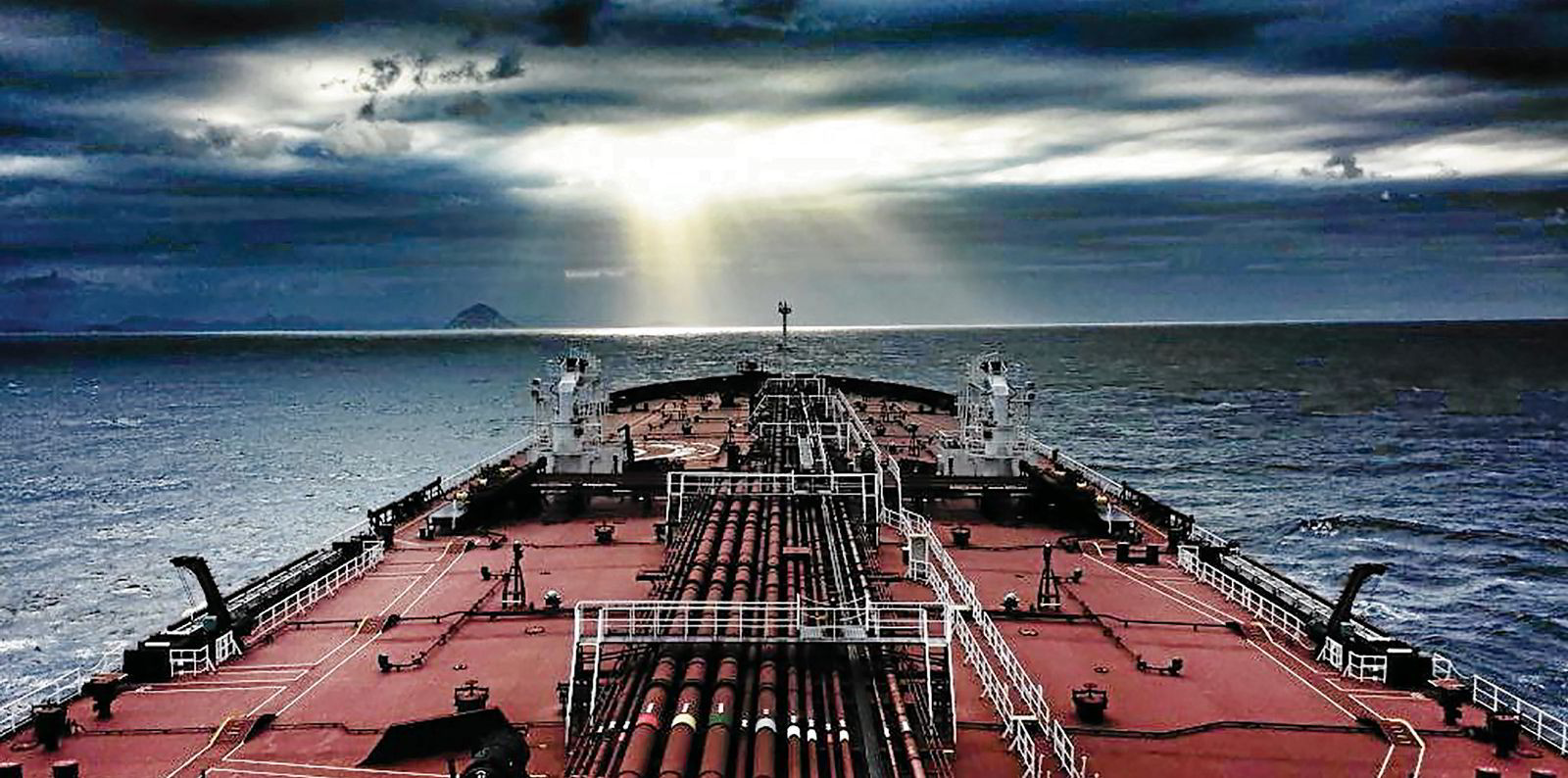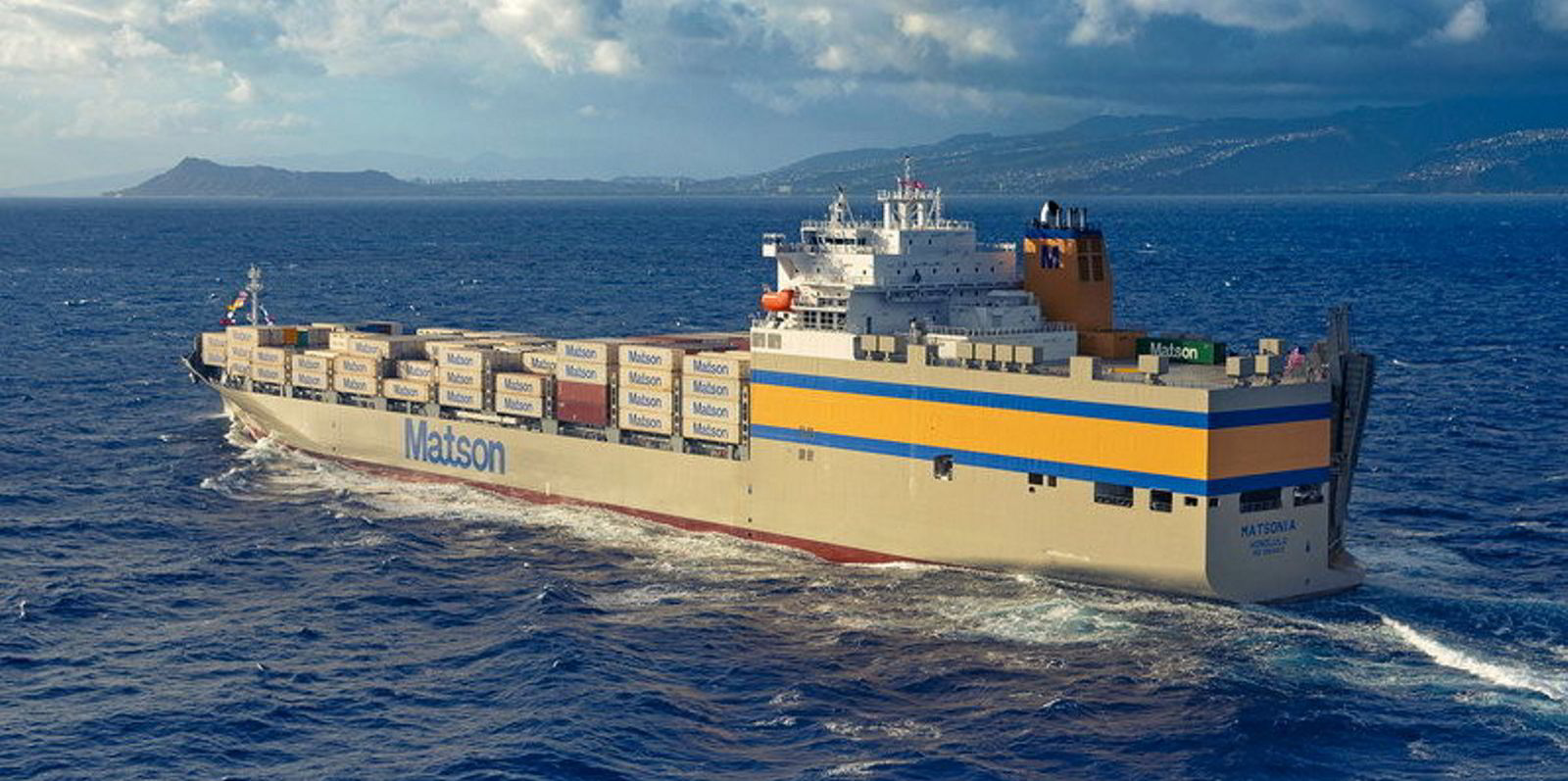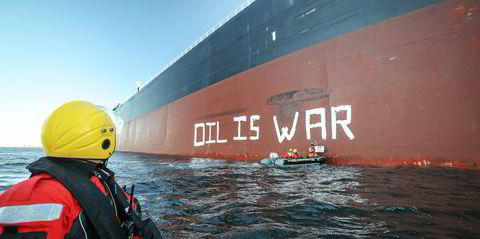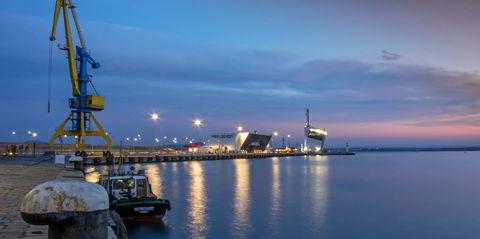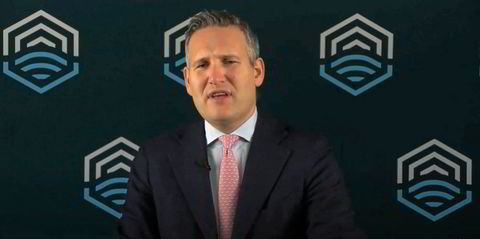The tanker recovery is well underway, Barry Rogliano Salles (BRS Group) believes, but the broker cautioned that bunker prices will continue to drag on earnings.
The French outfit said the new trading patterns following Russia's invasion of Ukraine in February have mostly settled raising tonne mile demand with aframaxes, suezmaxes and MR2s leading the way.
Even despite poor performance from VLCCs and tanker demand lagging, BRS Group said the recovery was for real.
“All of the above suggests that, despite the delay in tanker demand returning to its pre-pandemic level, this is not another false start and that the worst of the tanker market downturn is now definitely in the rear-view mirror,” the shipbroker said.
BRS Group cautioned that VLCCs could put downward pressure on markets. It warned that the ships — whose spot earnings the Baltic Exchange assessed at -$3,425 per day on Thursday — could take cargoes away from smaller crude tankers or carry refined products after leaving the yard for their first voyages.
The broker also pointed out that bunker prices would track crude prices through the end of the year.
On Thursday, Brent crude prices topped $107, which is well below the May peak of $122 but well above levels that preceded Russia’s invasion of Ukraine.
Prices could come down slightly in the Middle East and Asia as refineries could shift production away from transportation fuels.
This could lower the price of very low sulphur fuel oil, helping non-scrubber fitted VLCCs return to profitability in the second half of the year, BRS Group said.
As it stands, eco-designed and scrubber-fitted VLCCs earn the most in the market, followed in order by scrubber-fitted VLCCs, eco-designed non-scrubber-fitted ships and non-eco vessels without scrubbers.
Overall, the Baltic Dirty Tanker Index (BDTI) stands at 1,442, falling four points on Thursday, and the Baltic Clean Tanker Index (BCTI) at 1,350, rising 50 points on Thursday.
Both are at multi-year highs, hitting levels not seen since the spring of 2020.
The BDTI rose sharply after the Russian invasion and hit a year-to-date high of 1,744 on 12 April.
The BCTI's improvement was steadier over the course of the year and hit its 2022 high of 1,732 on 22 June.
